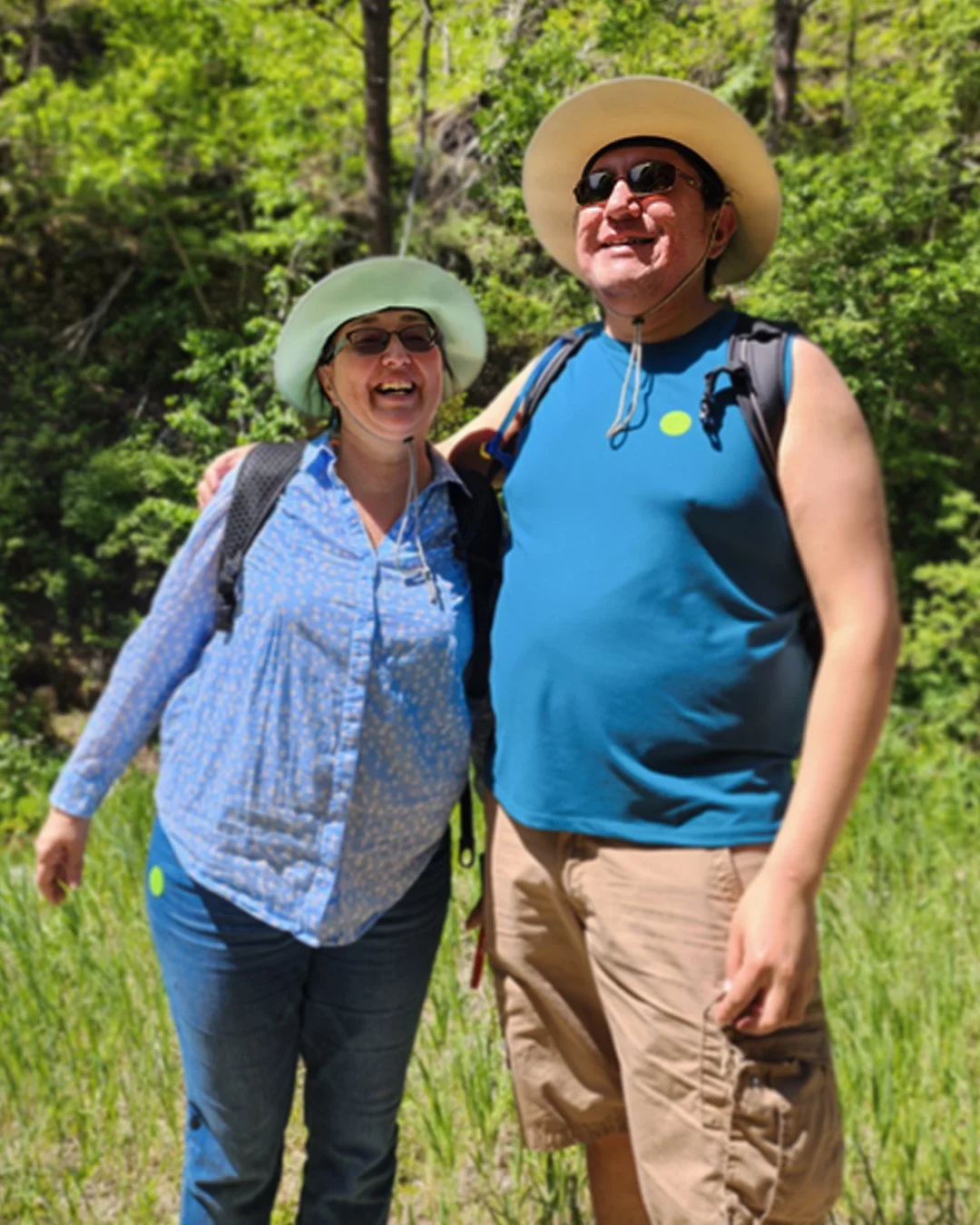First Languages AI Reality
The First Languages AI Reality (FLAIR) initiative empowers Indigenous communities to revitalize their languages and cultures using advanced technology.
We envision a future where Indigenous communities fully reclaim self-determination and sovereignty over their languages and cultures. We see advanced technology as a vital tool to empower language revitalization and cultural thriving, fostering connections among community members, celebrating identity, and preserving knowledge in ways defined by the communities themselves.
Building Tools for Language Vitality
We are laying the groundwork for Indigenous Voice AI systems that prioritize linguistic self-determination and respect for data sovereignty. Our research in automatic speech recognition (ASR) focuses on developing innovative methods for rapidly creating custom models for endangered languages. These models have applications in language learning, transcription, voice-activated technology, and more. By advancing Voice AI, Indigenous communities can engage with emerging technologies like the Metaverse in their heritage languages and strengthen intergenerational language transmission—an essential element of language vitality.
Connecting Heritage and Technology
Our approach addresses the significant challenge of limited data availability for most Indigenous languages. Traditional ASR systems require hundreds of hours of recorded audio, which is often unattainable due to the scarcity of recordings and the declining number of fluent speakers, many of whom are elders. Even when recordings exist, they are often inaccessible or lack transcription. We aim to drastically reduce the amount of data needed to unlock AI's potential for these low-resource languages.
Initially, FLAIR will focus on validating solutions for a select group of Indigenous languages in North America. The tools and knowledge developed will be freely shared as open-source resources. Over time, we aim to scale this system globally, enabling Indigenous communities worldwide to reclaim and sustain their languages while supporting other under-resourced and underserved linguistic communities.




